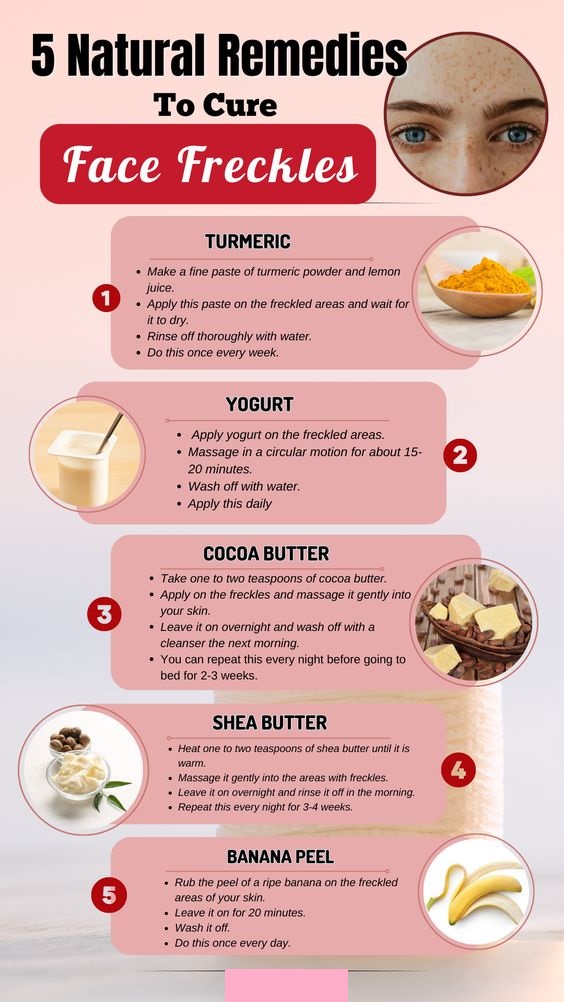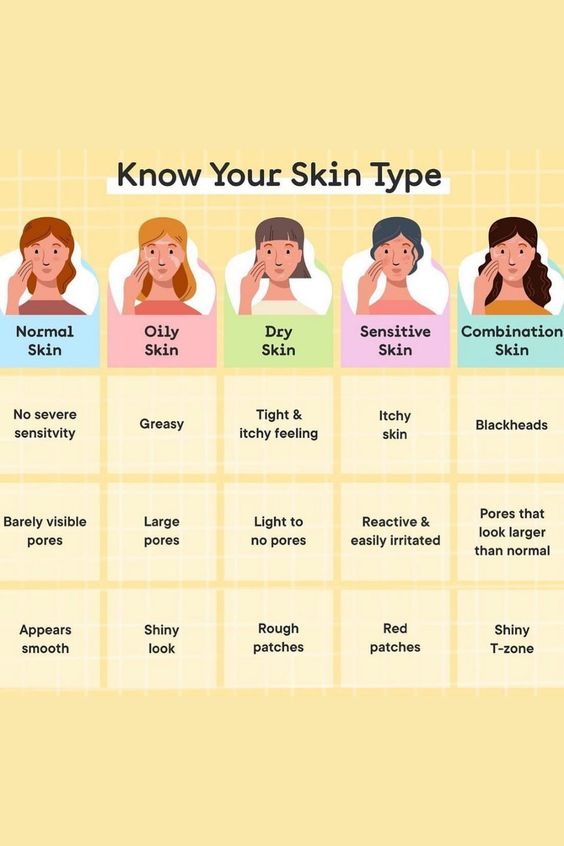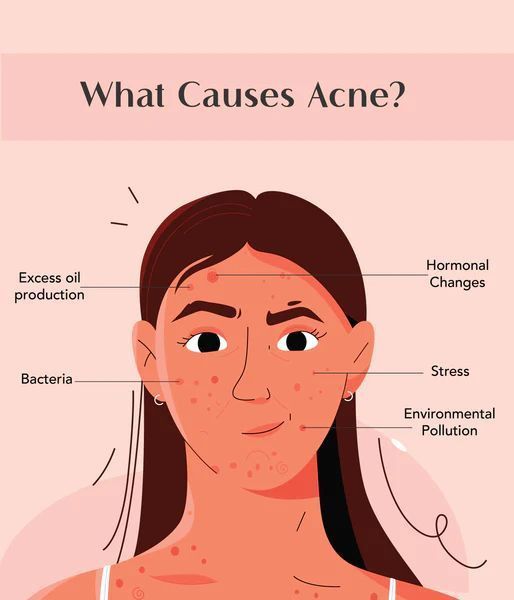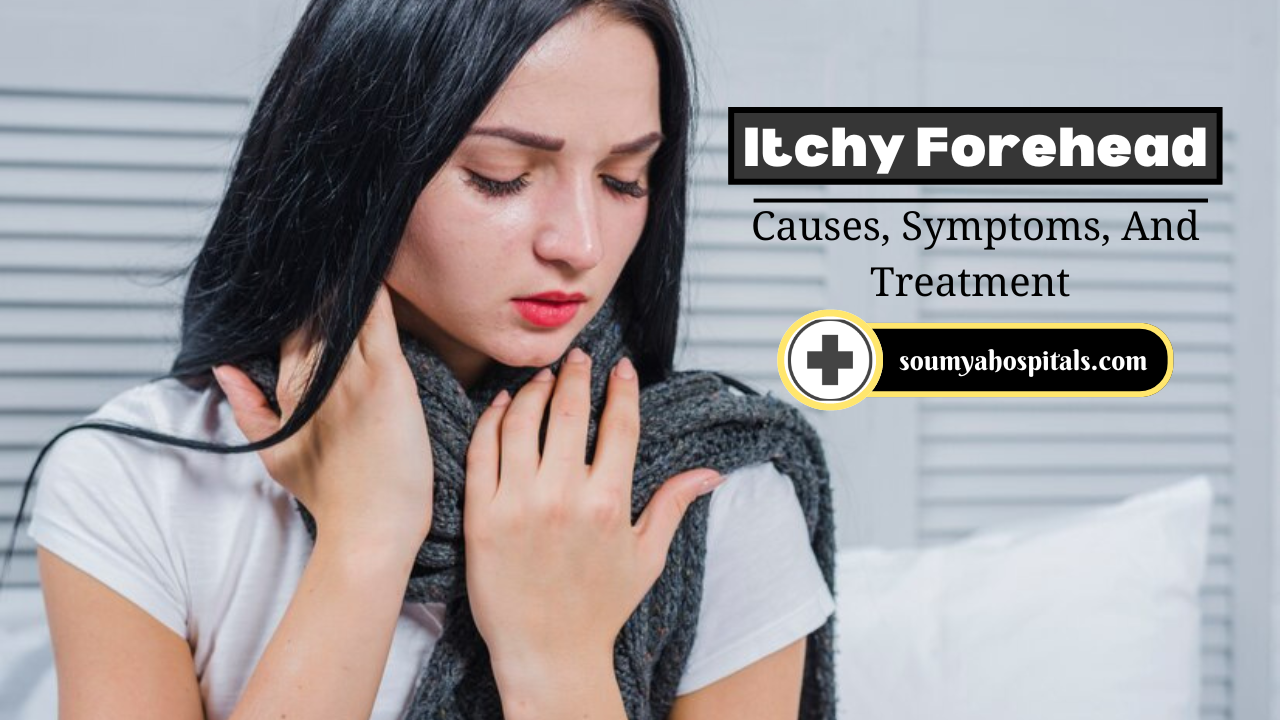More often than not, an itchy forehead is not an indication of a serious health condition; however, it should not be overlooked. Along with a burning or stinging sensation, you may notice inflamed skin, dryness, scaling, redness, small blisters or bumps, or reddish rings. You may even run a temperature.
There is no specific ailment that affects just the forehead. It could be caused by an allergic reaction on the skin, an infection, or even pregnancy. Here is a list of some common causes, beginning with the most benign, that may trigger an itching sensation on your forehead.
Also Read: Disaster nursing exam questions
1. Covering The Forehead
Keep wiping your forehead clean every once in a while to ensure that sweat does not settle on it. If you wear hats, scarves, bandanas, or even a helmet, constant friction with your headgear may also be a reason for your itchy forehead. The dirt, heat, and sweat trapped on your skin cause irritation on the forehead and the scalp. Covering it further will only make the situation worse and you may develop rashes. Therefore, if you are using headscarves hats, or any other accessory to cover your head, make sure they are clean and you remove them from time to time so that your skin is not exposed to too much dirt and sweat.
2. Allergic Reaction To Skin And Hair Products
In most cases, cosmetic products for your face can be to blame. Makeup allergy is common, and if a particular product doesn’t suit you, it may leave you with blotchy skin, rashes, and itchiness. “Allergy to selected cosmetic ingredients.” So a new foundation or face powder may make your facial skin itch. Sometimes, a particular product may not be suitable for your skin type for instance, applying astringents on dry skin can make it itch. Other irritants include harsh soaps and facial creams. If you experience stiffness in the neck, a severe headache, choking, sudden swelling of the face, or pain in any part of the body, then it could be an anaphylactic shock caused by a severe allergic reaction. It’s a medical emergency.

While unwashed hair falling on the forehead can cause itchiness and rashes, some hair styling products like hair gel may even have an adverse reaction. Hair dyes and perm agents too could affect your skin and cause itching and even rashes. Therefore, before you purchase a skincare or cosmetic product, do a patch test to ensure your skin is not allergic to it.
3. Acne
The itchiness caused by acne is easily distinguishable from other skin conditions. Oily skin, clogged pores, or an infection can cause acne in both adolescents and adults. This can affect the forehead, cheeks, and any other part of the face that tends to be oily. Poor gut health can also lead to acne in the forehead.
4. Sunburn And Hell’s Itch
Sunburns often cause the skin to peel and itch mildly. If your skin is sensitive to the sun or harsh light, the itch may be more severe. Some people complain of another rarer but more severe, painful itch called hell’s itch. It’s not known why certain people are more prone to hell’s itch, but being light-skinned and having habitual low exposure to the sun are risk factors.
5. Seborrheic Dermatitis
A common skin condition that affects the forehead is seborrheic dermatitis, a form of eczema. University of Pittsburgh Medical Center. It causes scaly and red patches of skin, particularly on the scalp, and other oily areas of the skin. Dandruff or dry flakes on the scalp are also caused by seborrheic dermatitis. American Academy of Family Physicians. However, it can also occur in other parts of the body like the face, chest, and back.
6. Pregnancy
Some pregnant women may experience an itchy forehead as a side effect of the hormonal changes in the body during pregnancy. This may be more prominent in those women who may have acne during their pregnant months.

7. Infections And Health Conditions
An itchy forehead may also be due to infections and serious skin or health conditions including:
Neurodermatitis: Possibly triggered by stress, neurodermatitis is a patch of dark, thick, and itchy skin.
Psoriasis: If you have psoriasis, you may notice red scaly patches on your scalp, elbows, and joints. Psoriasis causes an intense itching.
Liver disease: Liver damage leads to the deposition of bile products on the skin, which causes intense itching. Often, an intense itching is a warning sign of primary biliary cirrhosis of the liver.
Ringworm: Also known as tinea corporis, ringworm is a fungal infection that causes a round, itchy, red sores on the skin.
Tinea versicolor: Also known as pityriasis versicolor, this is another type of yeast infection on the skin that causes light or dark spots on the skin, thickness, and itchiness in the affected area. The spots can sometimes be so faint that you may not easily notice them.
Chickenpox: Chickenpox is a highly contagious viral infection that causes blisters and itching on the skin all over the body. It is often accompanied by fever and general discomfort.
Shingles: You get shingles when the varicella-zoster virus that causes chickenpox is reactivated in your body. The rashes usually develop in a single stripe on one side of the torso but can also appear elsewhere.
8. Nervous Tic
Not all causes of an itchy forehead are due to a skin condition. Sometimes, psychological factors like stress, anxiety, or nervousness can also cause an individual to develop itchiness as a nervous tic, making them scratch their forehead every time they experience similar feelings.
Symptoms Of An Itchy Forehead
The following are the some of the most common symptoms of an itchy forehead.
- Burning or stinging sensation
- Dryness
- Inflamed skin
- Scaling
- Itchiness
- Redness
- Small blisters or bumps on the skin
- Reddish rings
- Fever
Treating an itchy forehead can be quite simple depending on the severity of the itching. There are a couple of easy remedies that you can try at home to relieve the symptoms of an itchy forehead.

Remedies And Treatments For An Itchy Forehead
If you have an itchy forehead, the first and safest step is to visit the doctor and know the real cause of the itching. With professional medical advice, the itching may reduce almost instantly. However, if the itching is not too severe, you try a few home remedies as follows:
Wash with cold water: Washing your face including the forehead with cold water may help ease the itching. Remember to pat dry the affected area to avoid further irritation.
Avoid sharing personal items: Sharing personal items like combs and hair brushes can cause dandruff, head lice, and other fungal infections to spread. These may trigger itching.
Use an effective sunscreen: When you step out in the sun, always remember to apply and reapply sunscreen evenly on all those parts of the body that is exposed to the sunlight.
Try home remedies: If your itchy forehead is due to skin rashes, you can always try mild remedies that can soothe the skin. Some of these include using aloe vera gel, olive oil, chamomile tea, oatmeal, tomato puree, etc. But, remember to always do a patch test first before you apply it on your forehead.
Use prescribed medicines: If the forehead itching is due to a serious condition, your doctor may prescribe certain medications like antihistamines or topical steroids or creams to ease the itching.
